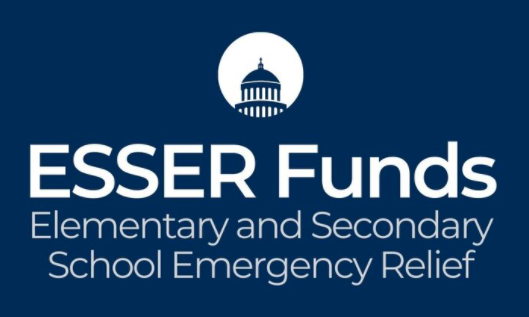Keys to Literacy Professional Development: Onsite & Online Learning That Lasts
With offerings tailored for grades PreK-3, elementary, middle and high school, our instructional practices and practical training methods ensure that schools improve literacy levels as their students improve their literacy skills.
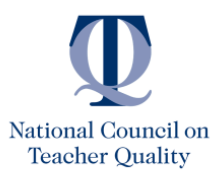 View our professional development topics below. Our major courses are available in multiple formats: Onsite Face-to-Face, Virtual-Live Using Zoom Meeting, Facilitated Online Courses, Asynchronous Online Courses, Train-the-Facilitator.
View our professional development topics below. Our major courses are available in multiple formats: Onsite Face-to-Face, Virtual-Live Using Zoom Meeting, Facilitated Online Courses, Asynchronous Online Courses, Train-the-Facilitator.
View a chart showing connections across our professional development courses.
Keys to Literacy professional development was recommended in the National Council on Teacher Quality’s Four Pillars to Reading Success Action Guide.
ESSER-Eligible, Evidence-Based Courses
The Keys to Literacy professional development courses listed below are eligible for Elementary and Secondary Emergency Relief (ESSER) Funds. The evidence-based instructional practices support a district’s efforts to address academic learning needs and disrupted learning resulting from the COVID pandemic. Download a summary of the research supporting our instructional practices.
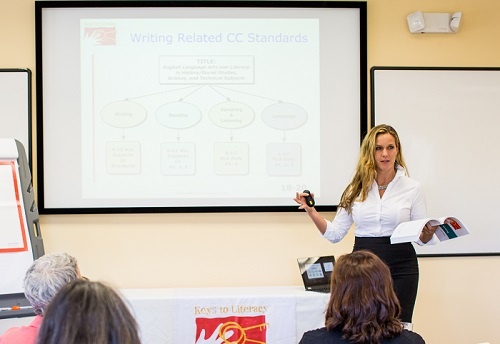
Keys to Content Writing
Keys to Content Writing provides professional development for research-based best practices for writing instruction that can be integrated in any subject and aligned to state literacy standards. Participants learn practical strategies for teaching writing skills, how to use writing to support content learning, and how to provide scaffolds to students who need support.
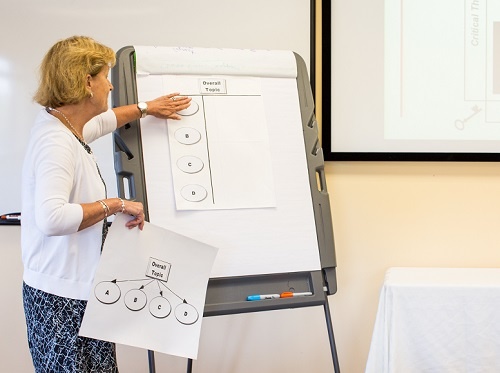
The Key Comprehension Routine
This routine teaches all students a foundational set of comprehension strategies that are used consistently across grade levels and embedded in all subjects. The strategies are taught using existing content reading and instructional materials. The routine includes: main idea skills, text structure, top-down topic webs, two-column notes, summary, and question generation.

The Key Vocabulary Routine
This instructional routine embeds vocabulary instruction for all students in all content areas, using existing reading and instructional material. The routine includes previewing vocabulary, activities for teaching related words, selecting words to teach in-depth, using context and words parts, and promoting word consciousness.

Keys to Beginning Reading
Would you like to learn science-based instructional practices for teaching reading in elementary grades? This professional development course is organized into modules covering these topics: Reading Basics, Oral Language, Phonological Awareness, Phonics, Fluency, Vocabulary, Sentence and Text Structure, Comprehension, Instruction for Struggling Students, Reading Assessment. This practical course is designed to easily transfer to classroom lessons and can be integrated with any reading curriculum or program.
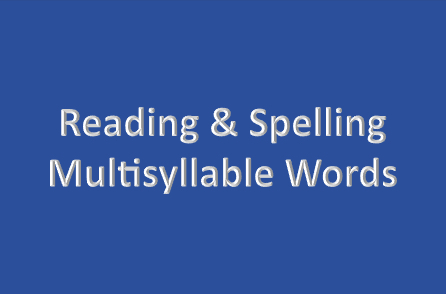
Advanced Word Study: Grade 4 and Beyond
This one-day training focuses on teaching advanced word study so students can spell and read multi-syllable words in any subject. Beginning in grade four, after students have developed knowledge of letter-sound correspondences and basic decoding skills in the primary grades, they need to learn how to combine those skills with knowledge of syllable patterns, syllable division principles, and morphology (roots, prefixes, suffixes) to read accurately unfamiliar multi-syllable words.

Keys to Early Writing
This instructional routine trains teachers to introduce basic oral and written expression skills. Participants learn instructional practices that address the K-3 writing requirements of the Common Core. The routine includes: introduction to the writing process, engaging a community of writers, daily pre-writing and quick writes, basic text structures, and writing scaffolds.
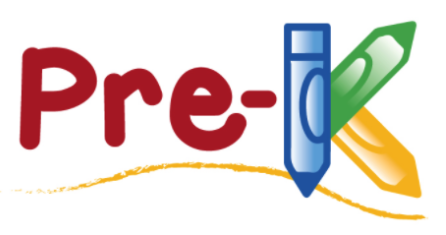
Keys to Emergent Literacy (PreK)
Are you looking for professional learning to help your pre-school teachers use evidence-based language and literacy strategies when working with young children? If the answer is yes, this professional development offering may be the answer!
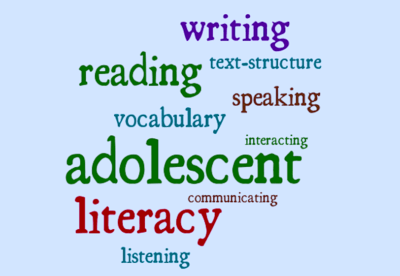
Keys to Adolescent Literacy
This to one-day training offers an overview of adolescent literacy instruction for students in grades 5-12 in all subject areas. It builds the background knowledge of middle and high school teachers about how students learn to read and why some students struggle, as well as best practices for teaching content reading and writing skills. The training covers these topics: components of reading/writing instruction, how the brain learns to read, causes of reading/writing difficulty, definitions of content and disciplinary literacy, and an overview of the comprehension, vocabulary, and writing skills that can be taught in the content classroom.
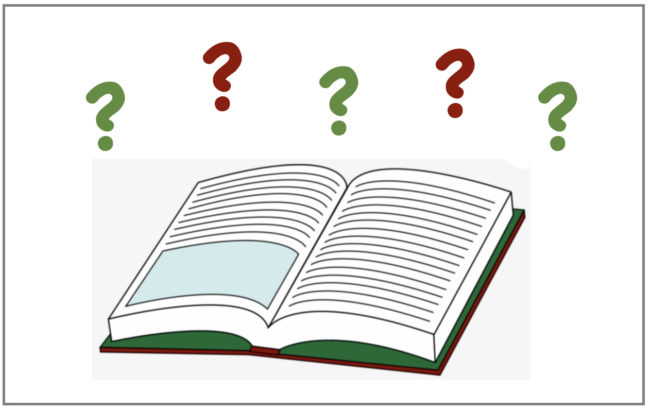
Adolescent Reading Intervention
Why do students in grades 5-12 have difficulty with basic reading skills, and how can educators provide effective intervention instruction? This full-day professional development offers an overview of what reading intervention should look like that meets the individual needs of older students who have difficulty with reading. Topics include an introduction to adolescent literacy and causes of reading difficulty, the role of assessment, and effective intervention instruction.

Understanding Dyslexia
Would you like to better understand dyslexia and how it affects students’ reading ability? There are many reasons why students have difficulty with reading and writing skills. For 10 – 15% of students the cause is dyslexia, a neurobiological learning disability that is characterized by difficulties with accurate or fluent word recognition and poor spelling. This professional development provides the background knowledge about dyslexia that all elementary educators need in order to understand why students with dyslexia have difficulty with reading and how to support them in the classroom.
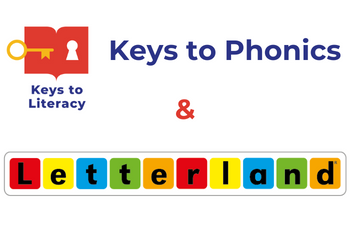
Keys to Phonics and Letterland
Keys to Literacy offers professional development for phonemic awareness and phonics instruction in Pre-K through Grade 3. Keys to Literacy also provides program materials, product demonstration, and professional development to support the Letterland phonics program.

Instructional Leadership
Keys to Literacy works with leadership in under- or low- performing schools and districts to create self- sustaining, high-achieving school systems. Keys to Literacy combines a proven track record of increasing achievement at the school, district and state levels by using the research of effective schools and the Science of Reading. Schools and districts learn to work smarter, focus on necessary goals and, in turn, increase student outcomes.

Customized Literacy Professional Development
We recognize that educators, schools, districts and other educational organizations have unique professional development needs. In addition to our standard professional development topics, Keys to Literacy will work with you to develop a customized plan for literacy professional development and materials to meet your unique needs.

